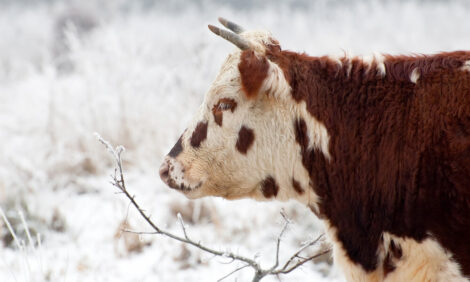



World’s biggest meat, dairy producers unprepared to meet climate targets - FAIRR
60% of companies source soy for feed from deforested areasThe $70 trillion-backed FAIRR investor network finds meat and dairy industry failing to manage its biodiversity impacts, undermining targets of a new global deal for nature and exposing companies to increased regulatory, legal and reputational risks.
In a press release, the network said new research shows global meat and dairy sector performs very poorly on three biodiversity metrics expected to be part of a legally binding “Paris Agreement for nature” at COP15: Deforestation, nutrient pollution and freshwater conservation.
At least 60% of companies source soy for feed from areas at high risk of deforestation and have still not set deforestation targets, according to the network, and ess than one in five meat, egg and dairy firms are adequately managing the pollution of waterways from manure.
“Investors are focused on material financial risks for companies, and a global agreement on nature at COP15 would see the intensive animal agriculture industry face increased regulatory, legal, tax and reputational risks,” said Jeremy Coller, chair of FAIRR.
The data comes from the release of the fifth annual Coller FAIRR Protein Producer Index (the Index) which assesses 60 publicly-listed animal protein producers worth a combined $360 billion (49 primarily produce meat, eggs and dairy, 11 are aquaculture companies), against ten environmental, social and governance (ESG)-related factors.



